Desalination Using Membrane Distillation Experimental and Numerical Study
Desalination Using Membrane Distillation
Credit to: https://www.diva-portal.org/
Alaa Kullab
Doctoral Thesis 2011
Division of Heat and Power Technology
Department of Energy Technology
Royal Institute of Technology
SE-100 44 STOCKHOLM
ABSTRACT:
Desalination has been increasingly adopted over the last decades as an option, and sometimes as a necessity to overcome water shortages in many areas around the world. Today, several thermal and physical separation technologies are well established in large scale production for domestic and industrial purposes. Membrane distillation is a novel thermally-driven process that can be adapted effectively for water desalination or water treatment in industrial
applications, due to its potential lower energy consumption and simplicity. The general objective of this thesis is to contribute to the technical understanding of membrane distillation as a new technology in water treatment for both industrial and drinking water purposes, as a starting point for further improvement. The thesis includes experimental and numerical investigations that highlight some aspects of the technology application and fundamental aspects. In the field of industrial application, an experimental and numerical assessment has been carried out on an Air Gap Membrane Distillation (AGMD) prototype to assess the utilization of the technology in thermal cogeneration plants; in particular, demineralization of water boiler feed water and treating flue gas condensate. The main assessment parameters were water quality and energy consumption. The results from full-scale simulations of a system of 10 m3/hr production capacity, connected to the district heating network were as follows: 5 to 12 kWh/m3 specific thermal energy consumption, and 0,6 to 1,5 kWh/m3 specific electricity consumption, depending upon the heat source (district heat supply line or low-grade steam). For desalination applications, experimental and simulation work was conducted on an AGMD semi-commercial system as part of the EU MEDESOL project. The aim was to evaluate AGMD performance with saline water of 35 g/l NaCl in order to establish an operation data base for simulation of a three-stage AGMD desalination system. Specific thermal energy consumption was calculated as 950 kWht/m3 for a layout without heat recovery, and 850 kWht/m3 for a layout with one stage heat recovery. The lack of internal heat recovery in the current MD module means that most of the heat supplied to MD system was not utilized efficiently, so the thermal energy consumption is high. This would mean that a large solar field is needed.
Only logged in customers who have purchased this product may leave a review.


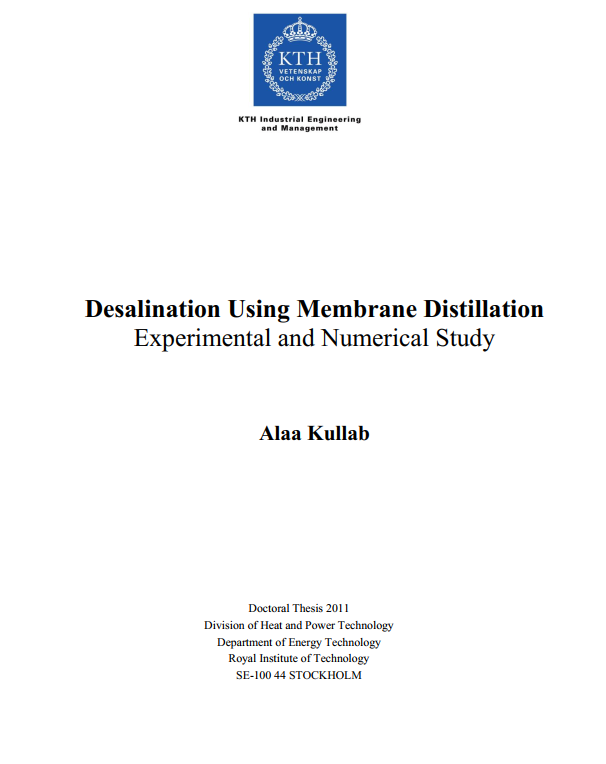
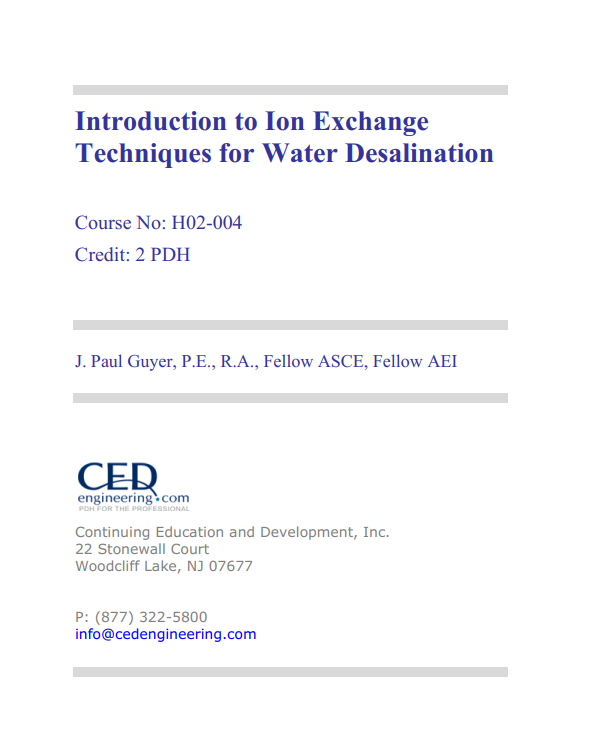

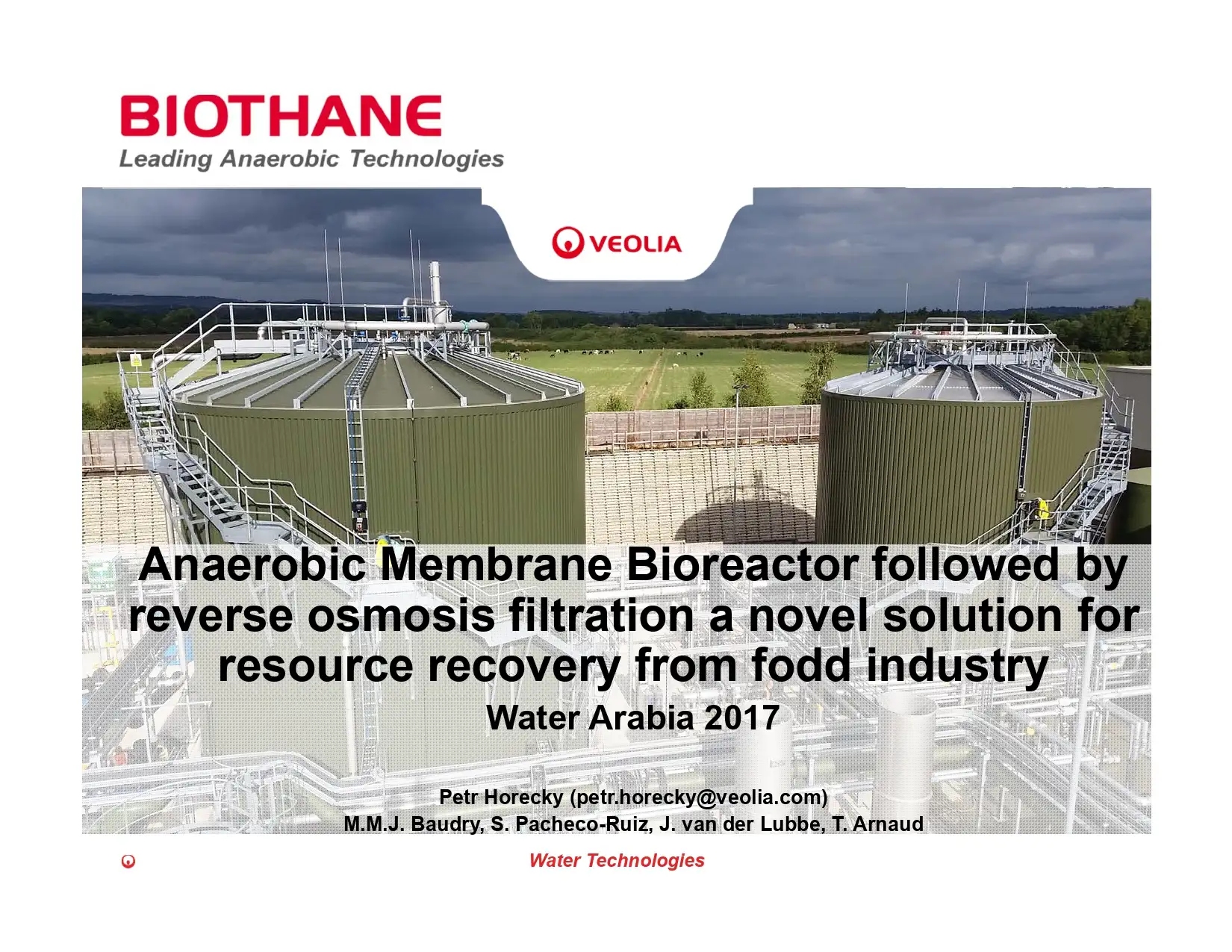



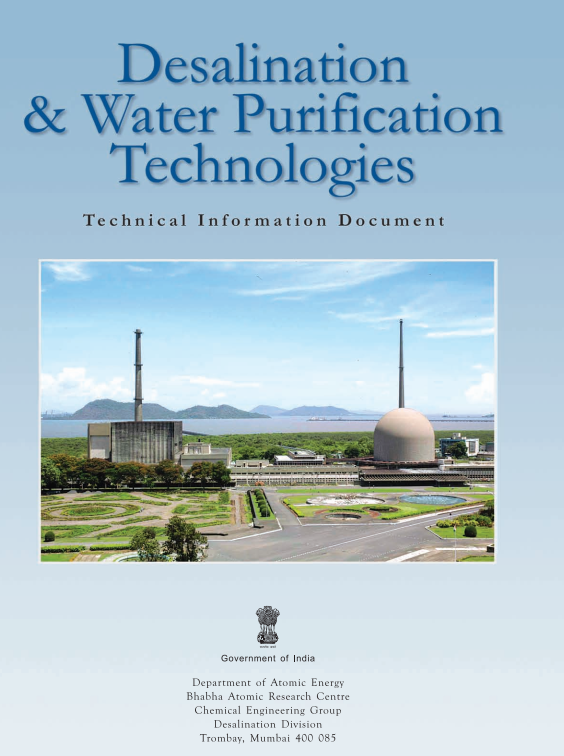
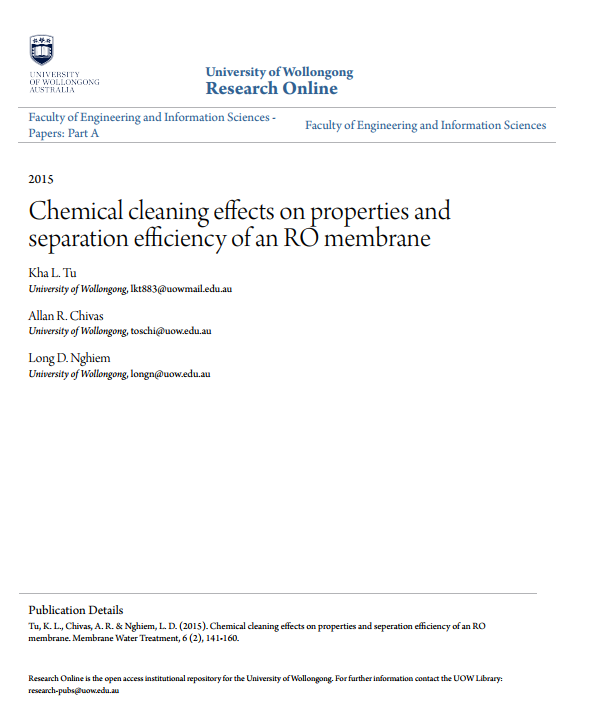
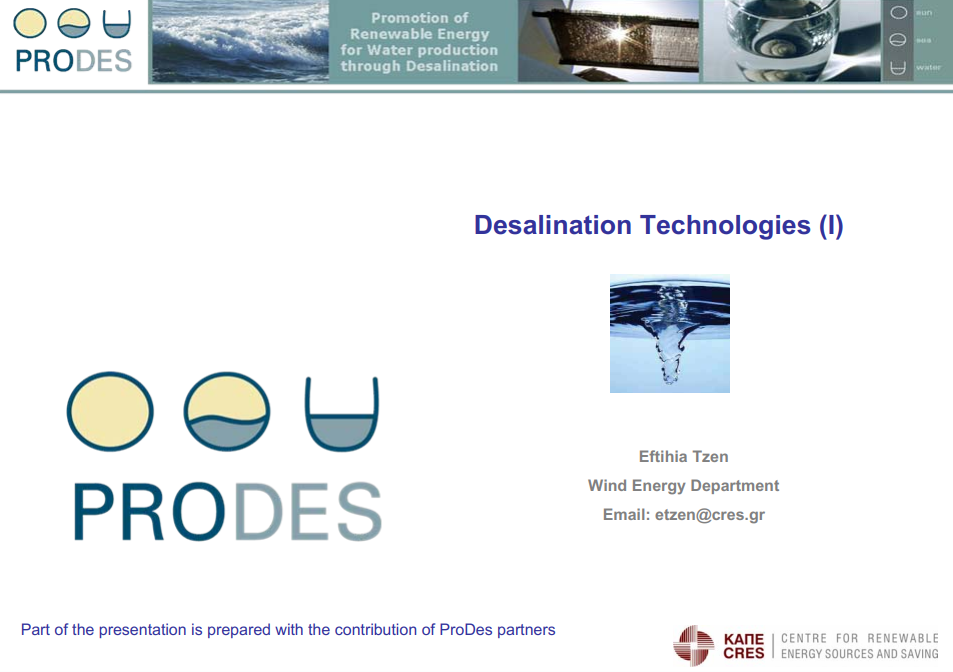

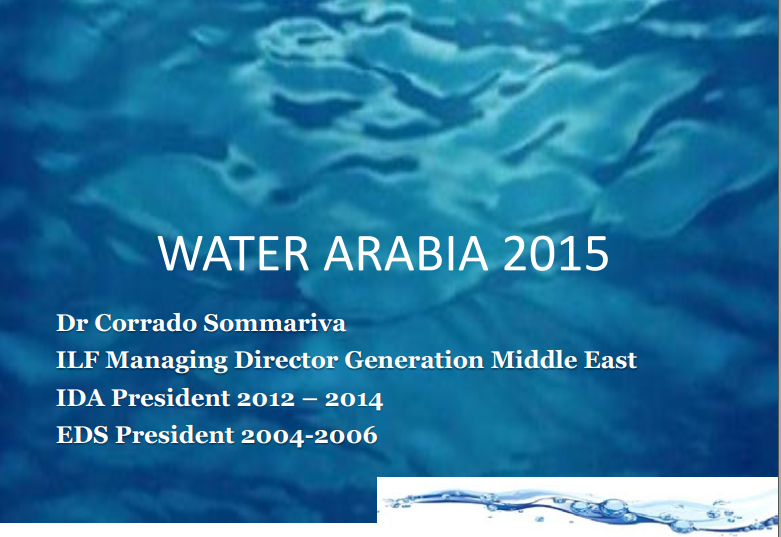
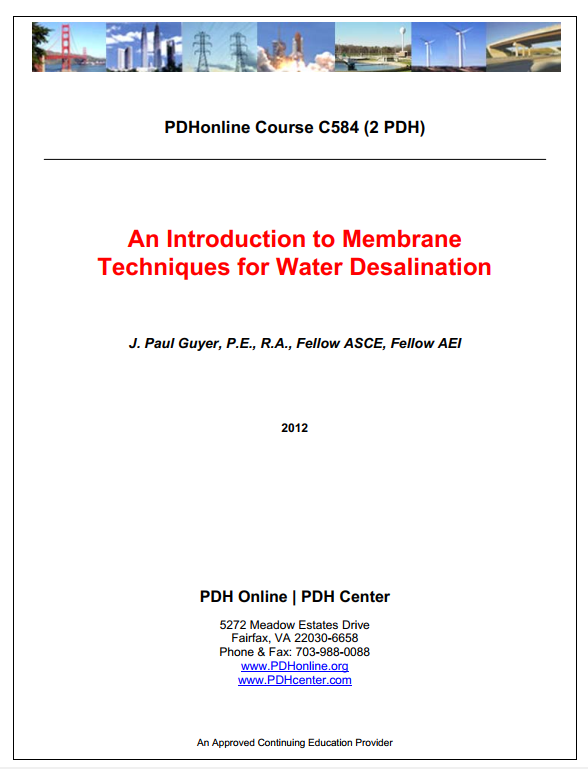
Reviews
There are no reviews yet.